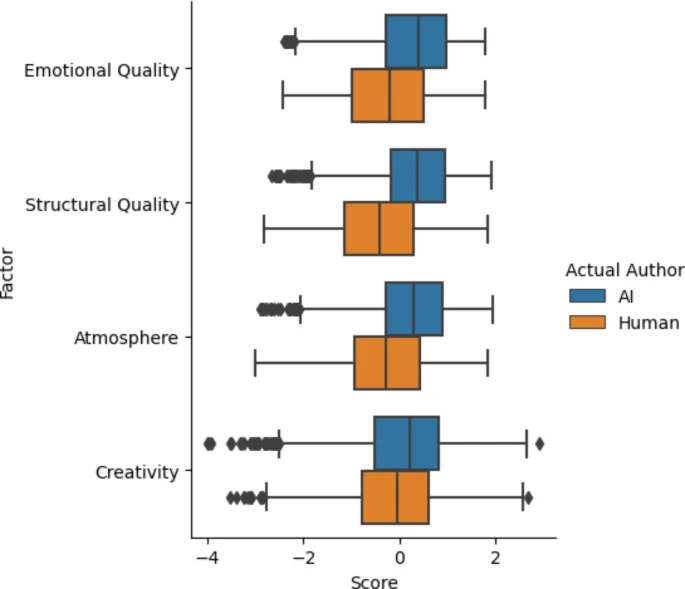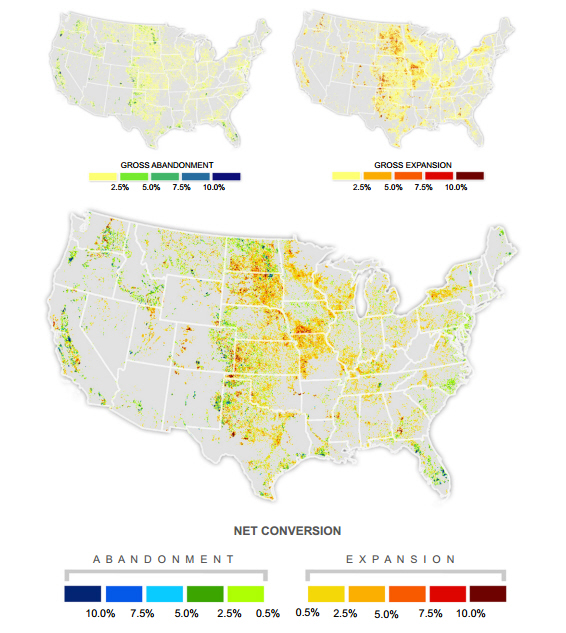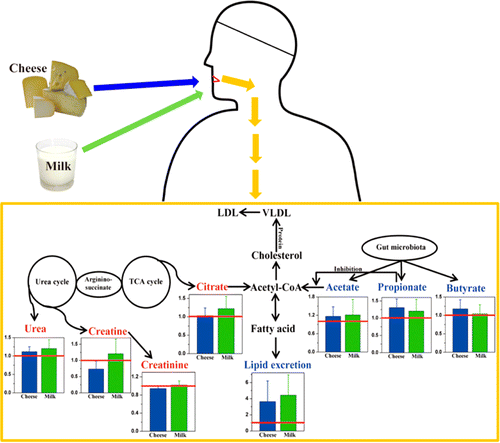Having once lived in the Pittsburgh metropolitan area, on occasion I would drive to those old gigantic relics of steel mills.
They were behemoths and so were the buildings that housed them. They looked like they could block out the sun. In John Ford's "The Quiet Man", a native of Ireland asked John Wayne's character what they feed men in Pittsburgh that makes them so big and Wayne replied, "Steel, and pig-iron furnaces so hot a man forgets his fear of hell". In the early 1950s it was a job for hard men.
Organic food is a gigantic profitable Big Ag enterprise ensconced in a health halo that glows so brightly the bulk of consumers believe it not only has no pesticides but actually contains no chemicals of any kind.
My concern about the science literacy of Whole Foods shoppers aside, from a purely practical point of view, if I were a farmer and walked into a store and saw berries for $8 a pack and hamburger for $10 a pound that has no difference but process I'd immediately ask why I am competing with giants over razor thin margins when I could segue into an area where price is basically no object.
In 2005, environmentalists got what they and former Vice-President Al Gore had lobbied for since the late 1980s; federal subsidies to commercialize biofuels.
Mr. Gore later admitted that he was just endorsing biofuels to get corn belt votes for his presidential run and few academic scientists had publicly disagreed because, well, they voted for him.
The result of the last corporate subsidy effort: Corn and soy growers have been happy, to be sure, but poor people got rising food costs and biofuels remain even more of a net penalty to the environment than regular gasoline.
"Dragon Age: Inquisition", which came out in late 2014, was not a video game I anticipated much. I had played both previous versions and their add-on content but unlike Mass Effect, by the same company, only the first Dragon Age had much re-playability and, unlike Mass Effect, they wanted you to play a new character each time. There wasn't much point in getting attached to a character. But the milieu, swords and sorcery, was intriguing to an old D&D player, and I knew they would have something most games lack - a story where choice matters.
For being a fellow of above average height (<6'2" now - age will do that) traveling to Holland can be a strange experience. It seems like everyone is around my height. The men are tall, the women are tall.
Netherlands has the tallest people in the world.
Yet they used to be the shortest. While everyone got taller during that time, Dutch average height went up 8 inches in two centuries.
Though they are catching up nicely in obesity and heart disease rates now, historically the French have been something of a paradox; they drink a lot of booze, they eat a lot of cheese and they don't exercise, but they had lower cardiovascular disease rates than other countries despite all that.
While nutritionists claimed dairy was making American people fat - it must be bad for our hearts because epidemiological papers put a curve of saturated fats next to a curve of heart disease - the French Paradox was quietly studied with much less mainstream media attention. Like with BPA, GMOs, vaccines, nuclear power, and human embryonic stem cells, the debate over saturated fats was more cultural than evidence-based, all the more reason for science to get involved.
 Rutgers Study - Forcing DEI Programs On People Increases Hostility
Rutgers Study - Forcing DEI Programs On People Increases Hostility Minnesota Trial Lawyers Want To Ban Neonics - Here Is Why That Is A Mistake
Minnesota Trial Lawyers Want To Ban Neonics - Here Is Why That Is A Mistake The Toxic Masculinity Of Disney Movies
The Toxic Masculinity Of Disney Movies AI And The Poetry Problem
AI And The Poetry Problem








